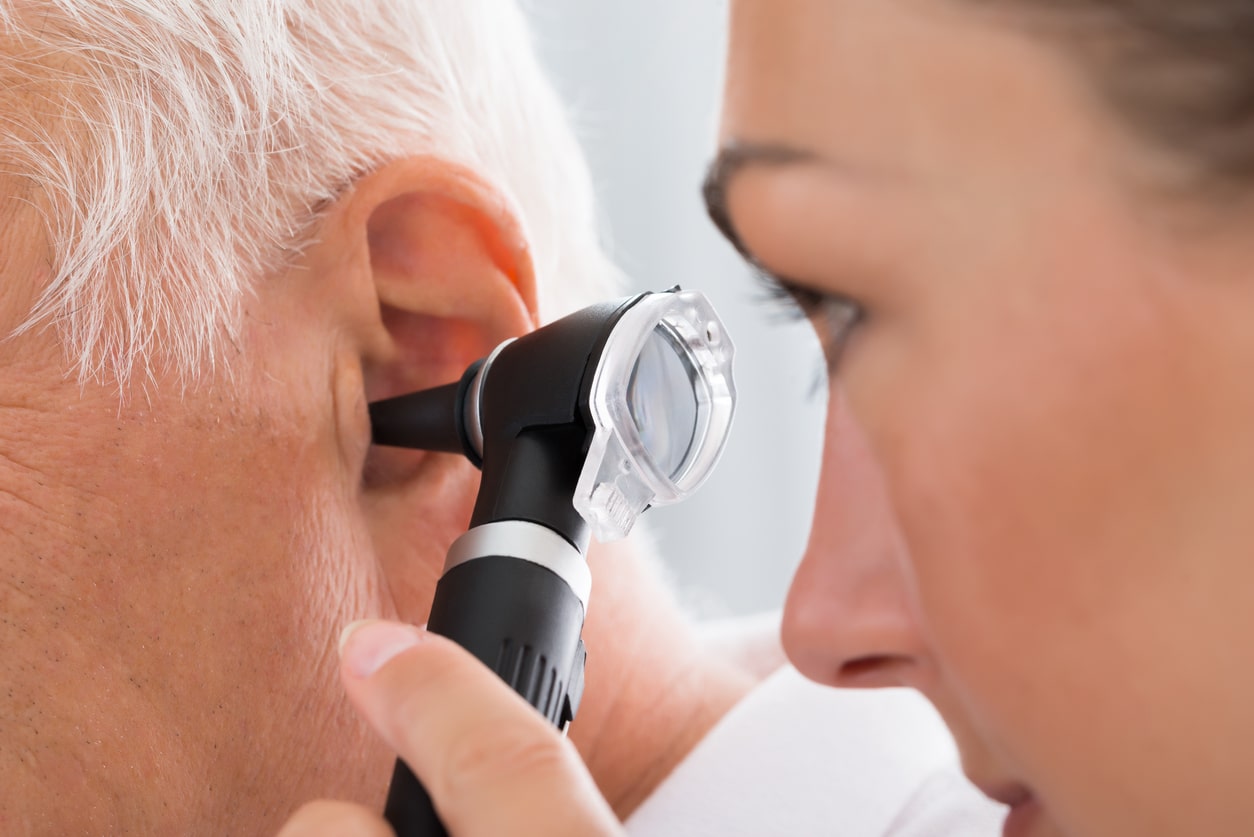When bacteria or viruses infiltrate the ear, it can result in an ear infection. The most recognized type of ear infection is otitis media, also known as a middle ear infection. This is typically the type of ear infection most people think of when they think of an ear infection.
However, there are two other kinds of ear infections to be aware of, and each could potentially cause temporary or even permanent hearing loss. Understanding the symptoms of these infections is critical to preserving your long-term hearing health.
Middle Ear Infection

A middle ear infection occurs when the Eustachian tube, which connects the ear to the back of the throat, fails to drain properly. These infections typically develop after a cold or allergies have caused inflammation in the throat, obstructing fluid drainage. If the fluid cannot escape, it may become infected, resulting in otitis media.
Temporary hearing loss is a common consequence of repeated middle ear infections, but hearing usually recovers once the infection is cleared. However, repeated ear infections can lead to permanent hearing loss if they damage the middle ear. If you detect symptoms of a middle ear infection, such as muffled hearing or a feeling of fullness in the ears, you should seek medical advice.
External Ear Infection
An external ear infection occurs when the skin of the ear canal becomes infected. This kind of infection typically happens when excess moisture is trapped in the ear canal, such as after taking a swim at Hickory Foundation YMCA. It can also occur if the skin of the outer ear is punctured or scratched and the wound gets infected. Symptoms of external ear infections may include swelling, discharge or ear pain.
Temporary hearing loss might occur due to the obstruction of the ear by infected material or swelling from the infection. Hearing is expected to revert to normal once treatment is administered. If you suspect you have an external ear infection, seek medical advice. Treatments could include antibiotics or ear drops.
Inner Ear Infection
Inner ear infections are less frequent and tend to happen when specific viruses penetrate the inner ear. The inner ear is generally well-protected against viruses and bacteria, making an inner ear infection uncommon.
Inner ear infections can cause sudden sensorineural hearing loss, which might become permanent if not treated quickly. Therefore, if you experience a sudden hearing loss or a loss that develops within minutes, you need to get medical help immediately. Sudden hearing loss usually only affects one ear. If treatment is initiated within three to five days, hearing may be restored.
To learn more about ear health and how it can affect your hearing, schedule an appointment with Carolina Ear Nose & Throat – Sinus and Allergy Center today.